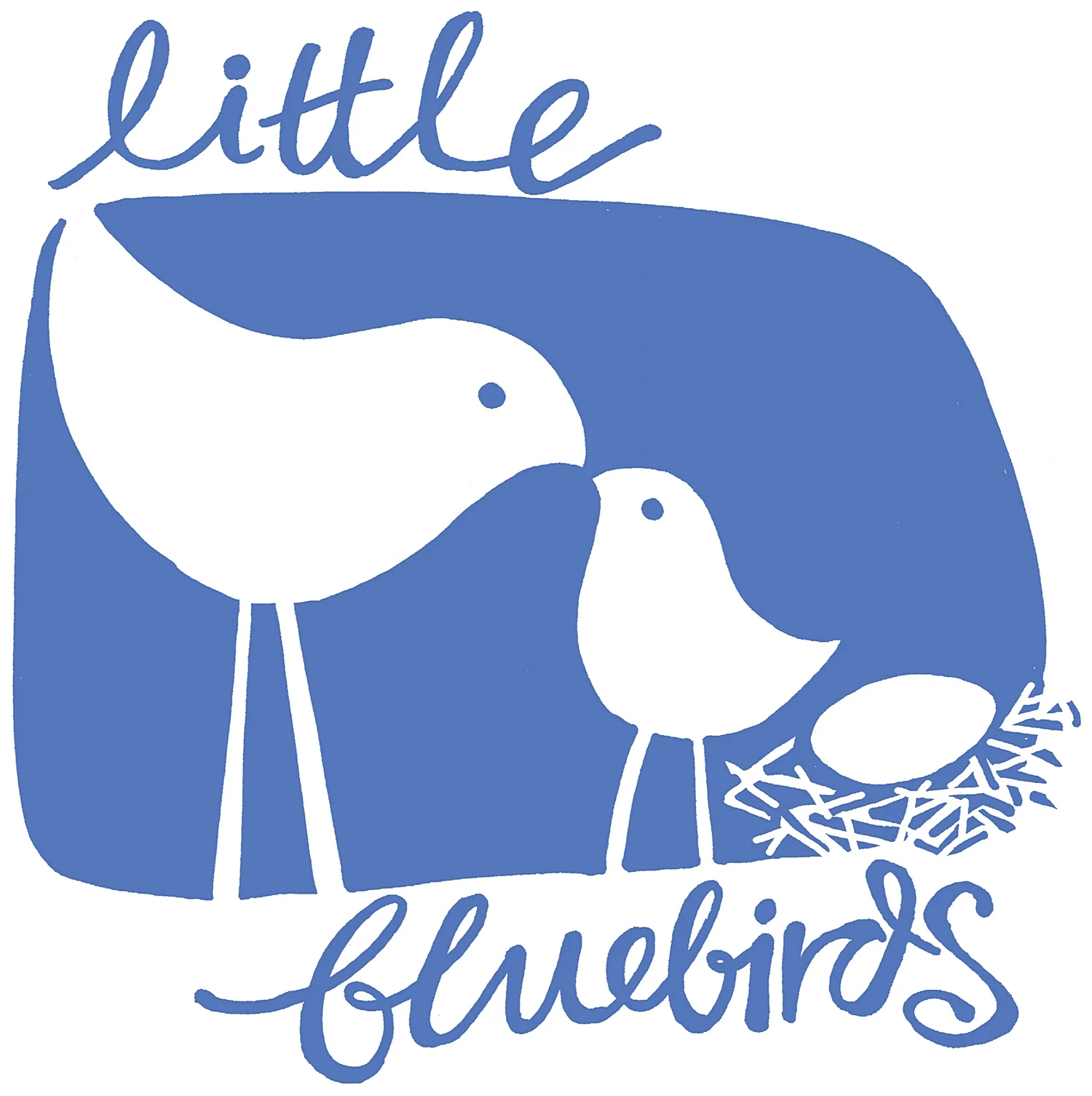Sleep little one, sleep
Don’t let the smile fool you… my glazed-over eyes tell the real story of exhaustion!
There’s nothing like the exhaustion of being a parent to a tiny human. I clearly remember feeling dizzy with fatigue and seeing the world through a foggy curtain that left my brain stuck in low gear.
There’s also nothing like the divided opinions and heated debate around the topic of sleep. It is possibly right at the top of the list of the most controversial parenting topics - perhaps fighting it out with ‘Breast vs Bottle’.
While every family will find what works best for them to ensure everyone gets the sleep they need, there is something everyone can build into their routine that has stood the test of time… LULLABIES!
Whether you sing a lullaby as you rock your baby to sleep in your arms, as part of their wind-down routine before tucking them into their own cot, wrapped in a baby sling or snuggled up in bed together, the sharing of a lullaby has benefits for your baby AND for you.
Research shows that singing lullabies to your baby:
Calms your baby (Mehr and Krasnow)
Relaxes YOU and reduces YOUR stress (Baker and Mackinlay)
Improves the parent-child bond (Byrn and Hourigan)
Develops your child’s musicality (Trehub and Degé)
OK - you’re on board. Now, here are three tips that will take your lullabies to the next level:
1. Sing!
Lullabies are calming, relaxing and repetitive but the real magic happens when YOU sing them to YOUR baby. Beautiful recordings have their place but the intimacy of the interaction between a parent and child is priceless. When you sing to your baby you can follow their lead… starting by patting their back firmly, matching your singing and slowly becoming softer and more gentle as their body begins to relax and become heavy. The dance you weave together cannot be replaced by the most beautiful recording in the world.
2. Repetition
Choose one or two favourite lullabies and sing them again and again. Did you know that babies as young as two months old can remember a melody? (Plantinga and Trainor) Young brains are wired for learning so every time they hear something new they pay attention, ready to form new neural pathways and learn. This is great for learning but not for sleep. A favourite lullaby that becomes very familiar will bring more success in encouraging sleep.
Need help finding lullabies? Check out The Lullaby Source.
3. Hum
After singing one of your favourite lullabies over and over and over again… try switching to a hum. Sometimes taking the words away is the final piece of the puzzle that will let your little one’s brain relax enough to go to sleep.
No matter what your approach to sleep is, there is always a place for a lullaby sung with love!




